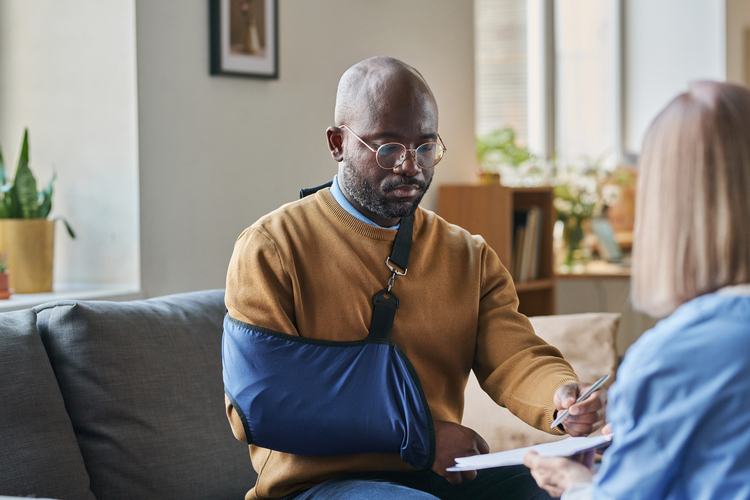Mediation in personal injury lawsuits involves guided negotiations between the plaintiff and the defendant, often with the help of a Denver personal injury attorney. Usually, the injured person (plaintiff) is seeking a reasonable settlement offer from the at-fault party.
A mediator, or a neutral third party familiar with personal injury issues, oversees the session and helps keep discussions productive. Unlike arbitration, another type of ADR, the mediator doesn’t make a final decision. Instead, if both parties agree to terms, the mediated settlement agreement is submitted to the court for approval.
It’s always a good idea to have legal representation during mediation. The defense attorneys will be advising the at-fault party, so you deserve someone to protect your interests and advocate for you every step of the way.
What happens in personal injury mediation?
Mediation is a form of alternative dispute resolution (ADR) where both sides work toward a fair compromise. The process seeks compromise rather than proving one party right and the other party wrong. It’s a more informal process than a civil trial, and the rules of evidence are more relaxed.
The parties are often separated, with the mediator going back and forth between the two, carrying each party’s terms and proposed solutions to the other. In some personal injury cases, the parties are all in the same room, across the table from one another, but the negotiation process is still the same.
Mediation begins with the introduction of all parties, including the mediator (usually a retired civil judge or a personal injury attorney familiar with Colorado tort laws and the issues facing each party). It’s fairly common practice for all parties participating to sign a confidentiality agreement, so be prepared for that.
Then, each side makes its opening statements, presents its case, and outlines its desired outcome. After this, the negotiations begin.
Preparing for mediation: What’s my role in the process?
As the person bringing the personal injury claim, you’re asking for compensation from the party responsible for your accident and injuries. Your role during mediation is important, but you’re not alone, and your personal injury attorney will guide and prepare you ahead of time.
During the session, you might face questions from the other side, including lawyers for the insurance company. Be cautious. You can always ask to pause and speak with your attorney in private before responding. It’s a smart move, and you have every right to do so.
In private, you and your attorney can:
- Review what the defense asked
- Talk through your answer and the facts behind it
- Decide what to share and how to protect your position
Your attorney may pass along your response in a way that supports your case without revealing too much. They’ll also help you evaluate any settlement offers and guide you on whether to accept or make a counteroffer.
What are the advantages of mediation?
If both parties involved are willing to approach the process in good faith, mediation offers several benefits:
- It’s cheaper than a trial
- It can resolve the matter more quickly than a trial
- The sessions are private; a trial record is a public record
- You have more control over the outcome
- It’s less stressful than litigation, so there is less pressure on you
Finally, mediation isn’t binding. While you may reach an agreement that can become binding, you’re not held to the compromise until the civil trial judge approves your mediated settlement.
Why mediation works, and why you still need legal help
Even though mediation offers a less confrontational path to resolution, it still involves complex negotiations and real financial consequences. You deserve experienced guidance throughout the process.
Contact Zara Injury Law at (866) 823-8288 to schedule your complimentary consultation with a dedicated personal injury lawyer. We’re here to help you move forward.
